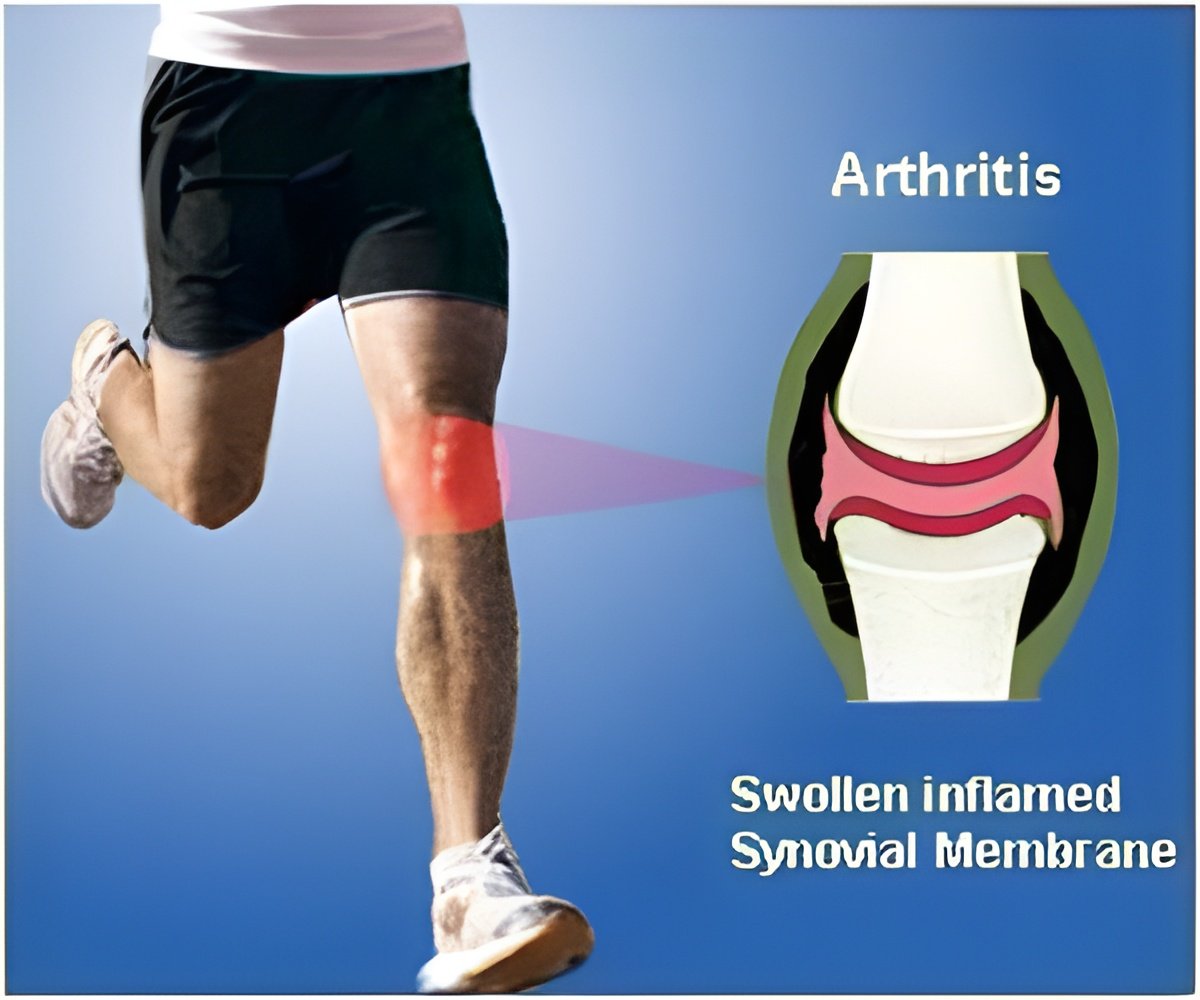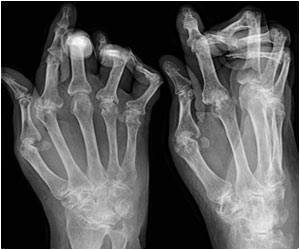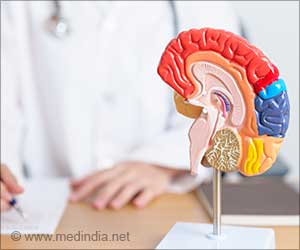
In fact, if it is not properly treated, it could turn into osteoarthritis, the study suggests.
The study shows that a quarter of the elderly who have knee replacements due to osteoarthritis of the kneecap said they suffered from pain in the knees as a teenager.
Physiotherapist Dr Michael Skovdal Rathleff of Aarhus University said osteoarthritis of the kneecap can in some cases begin with knee pain during adolescence.
"Seven percent of the adolescents experience daily knee pain in the front of the knee. More than half still have issues after two years, so it is not something they necessarily grow out of,” he said.
His findings show that knee pain is a bigger problem than previously assumed and it needed to be taken more seriously.
Advertisement
The findings show that these adolescents have as much pain symptoms and reduced quality of life as adolescents on a waiting list for a cruciate knee ligament reconstruction, or as a 75-year-old six months after receiving a new knee.
Advertisement
According to the researchers, the good news is that the pain disappears with the right training in the case of up to half of the young people.
However, it can be a challenge to fit such training into the daily life of an adolescent, they suggested.
Dr Michael Skovdal Rathleff said: "It is disturbing that the pain only disappears in the case of half of the young people who actually do the training.
The indications are that we should begin the treatment somewhat earlier where it is easier to cure the pain. Although this does not necessarily mean that all adolescents with bad knees must consult a physiotherapist.
A closer association between physiotherapists and general practitioners about how to best help these young people could also be a solution."
The study was published in the journal BMC Pediatrics.
Source-Medindia










